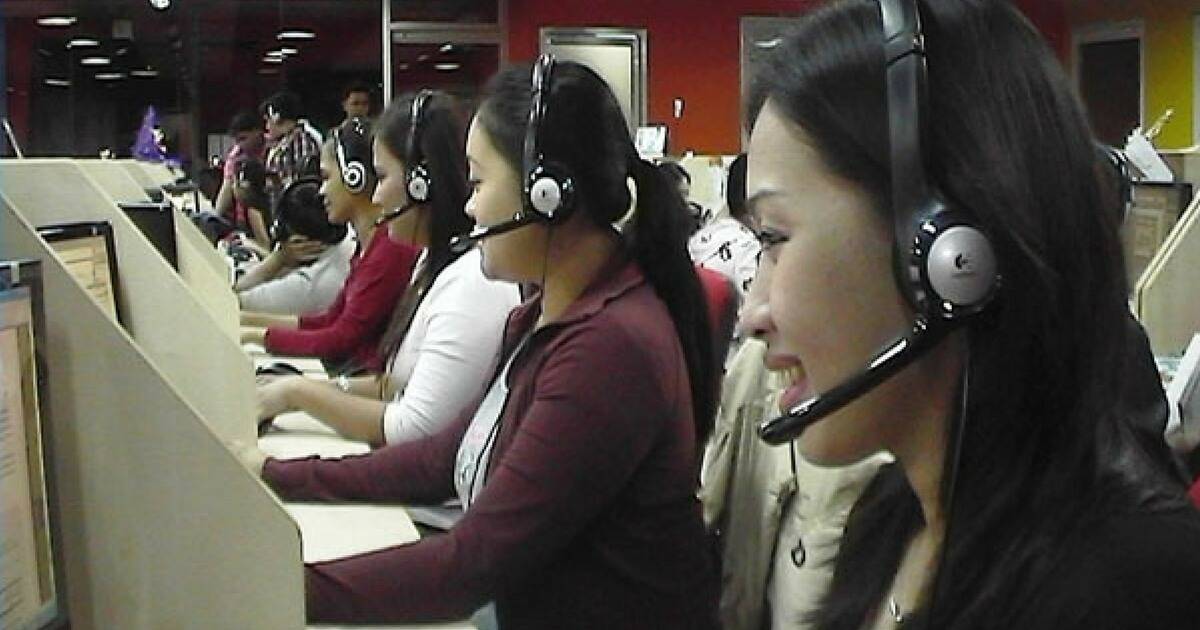As more people are shouting for jobs, more Philippine companies have reported that they have an inadequate workforce. The reason behind this is the lack of qualified candidates.
The World Bank reported that there is a significant rise in the demand for workers who have soft skills, this is despite the progress in expanding their access to education.
Between 2009 to 2015, the unfilled vacancies of Philippine firms has risen to 30 percent. This information is included in the World Bank’s report titled “Developing Socioemotional Skills for the Philippines Labor Market.”

In the report that PhilStar wrote about, it says that among the companies who are hiring workers, about two-thirds of employers reported that they have difficulties in finding employees that have enough work ethics and appropriate interpersonal and also communication skills.
Most of the missing skills are not teachable in the education system. They are not forms of academic knowledge or technical acumen but are rather gotten from socioemotional skills. These are also known as “soft skills”, “behavioral skills”, or “non-cognitive skills” the report said.
“Emerging international evidence suggests that socioemotional skills are increasingly crucial to the types of jobs being created by the global economy,”
More trainings
Because of the widening gap, the companies are investing more on staff training that is focused on socioemotional skills.
“Sixty percent of Philippine firms report having provided employee training in the past year, well above the average for the Association of Southeast Asian Nations member states,”
“Among firms that report having trouble finding workers with appropriate skills, this share rises to 75 percent,”
“More firms train their workers in socioemotional skills than in technical skills, underscoring the country’s growing socioemotional skills gap.”
‘Less attention’
According to the report, the Philippine educational system has limited resources.
“International experience shows that music, arts, physical education, and health, along with values education, have the greatest impact on socioemotional skills,”
“However, the Philippine elementary curriculum allocates only 300 minutes per week to these subjects, significantly less than in neighboring countries,”
“Although more time is devoted to these subjects at the secondary level, greater investment at the primary level could increase their effectiveness in developing socioemotional skills.”
Source: PhilStar
- 5 Lessons That Hui Mathews Learned When Her Startup Failed - March 27, 2018
- 7 Business Ideas For Pet Lovers - March 15, 2018
- 12 Arts And Crafts Related Business Ideas To Make Money Out Of Your Talents - March 5, 2018





